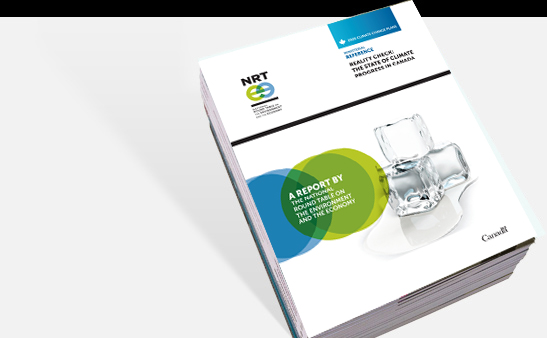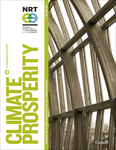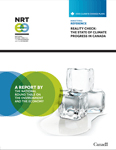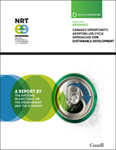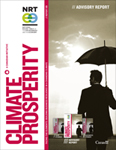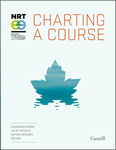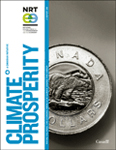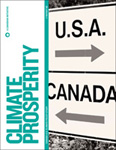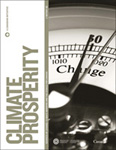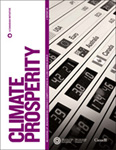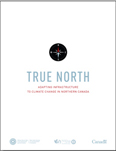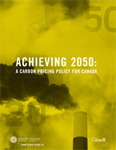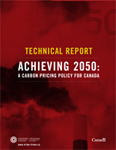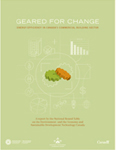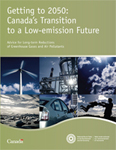Measuring Up: Benchmarking Canada’s Competitiveness in a Low-Carbon World – Research
Knowing where we stand today will help us prepare for future low carbon competitiveness. While the transition to a low-carbon economy is inevitable, the outcomes for us as a country are not. Measuring up creates Canada’s first-ever Low-Carbon Performance Index, comparing Canada’s performance with our G8 competitors.

This study creates Canada’s first-ever Low-Carbon Performance Index (LCPI) so we can begin to compare where we stand against our G8 competitors. The NRTEE’s LCPI breaks new ground by illustrating what matters most and why when it comes to low-carbon performance. This index is the first word, not the last, on what we should be tracking to ensure low-carbon competitive success. It is of interest to governments, industry, investors, educators, and media. It commences a needed public policy conversation about where we must strategically focus and why, if we are to succeed in the transition to a global low-carbon economy.
Developed with Deloitte & Touche LLP and benefitting from advice and analysis of the Conference Board of Canada, the NRTEE LCPI is a composite index of 15 indicators, equally weighted across five low-carbon performance categories. These categories — emissions and energy, innovation, skills, investment, and policy and institutions — are core to a country’s low-carbon performance and competitive success. By low-carbon we mean low greenhouse gas emissions related to how we produce and consume energy in our economy. The categories are meant to illustrate not just the status of Canada’s performance at any one time, but also our capacity to prosper and advance in a carbon-constrained world. Any low-carbon growth plan will necessarily build from these core categories in fostering low-carbon performance and future competitive advantage for Canada.
Given the innovative nature of this endeavour and the breadth of possible indicators, we used a five-staged methodological approach to arrive at this index:
1 // A LITERATURE REVIEW of existing benchmarking studies and relevant reports identifi ed success factors for national low-carbon performance.
2 // A DATA FEASIBILITY study conducted by the Conference Board of Canada assessed potential indicators and comparator countries, and their applicability to the benchmarking study and Canada’s circumstances.
3 // A STAKEHOLDER CONSULTATION session helped us gain insight from experts on the indicator selection and their utility.
4 // ANALYSIS by Deloitte & Touche LLP of the benchmarking framework, indicator selection, and methodology used helped us refine and complete the index.
5 // PEER REVIEW of the framework and results by Vivid Economics, an international economics and benchmarking firm, and other Canadian experts led to further refinements.
The objective was to create a composite index of meaningful indicators that were rigorous and comparable across all G8 countries. By necessity, this meant making choices about which indicators were most useful and available for this innovative study.




